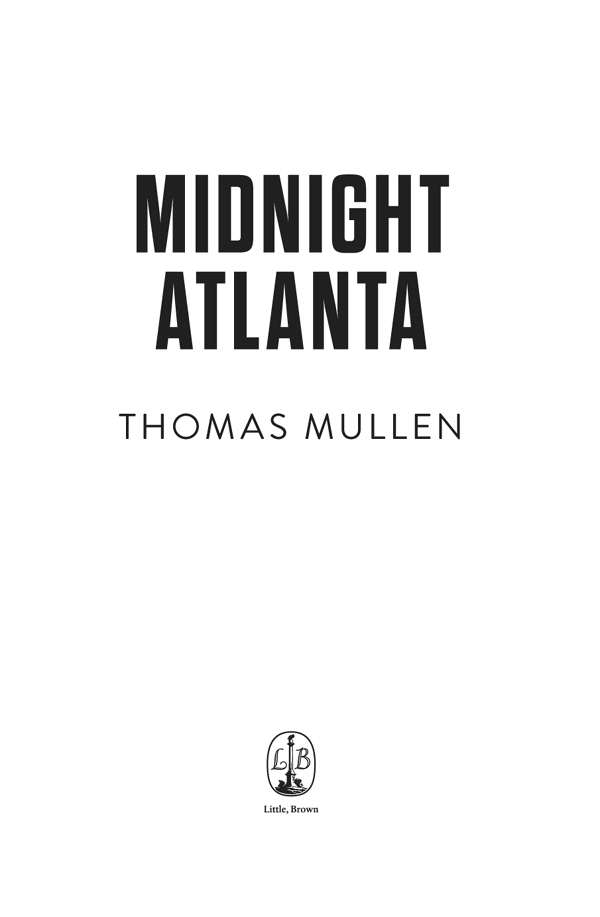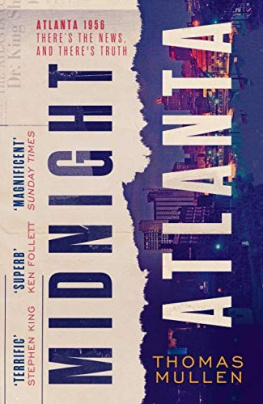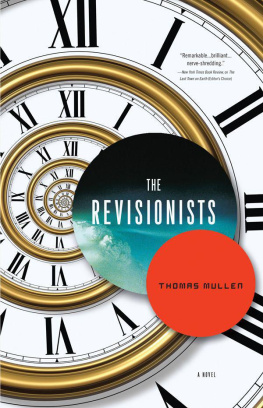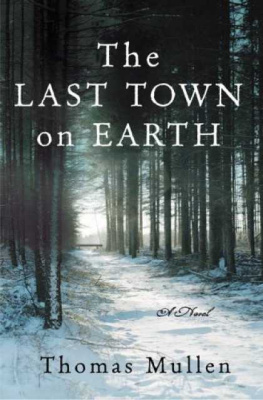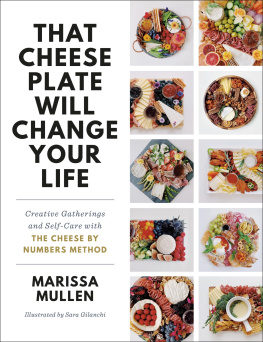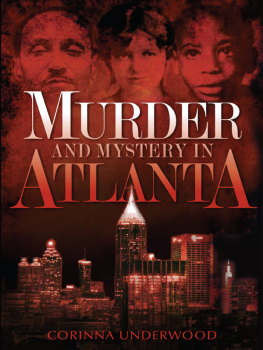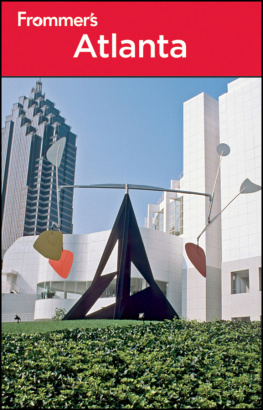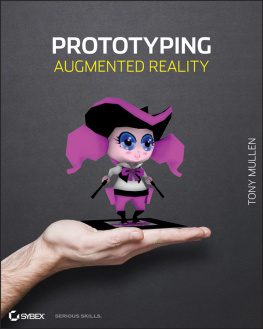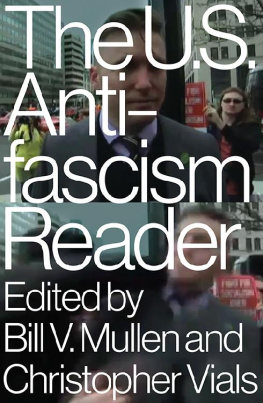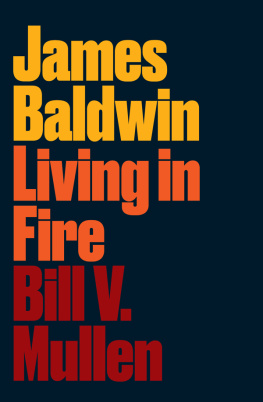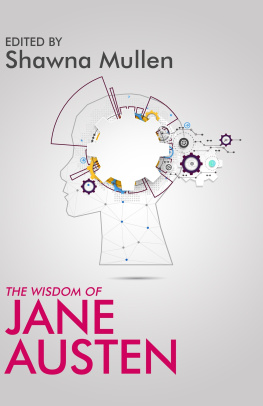ALSO BY THOMAS MULLEN
The Last Town on Earth
The Many Deaths of the Firefly Brothers
The Revisionists
Darktown
Lightning Men
LITTLE, BROWN
First published in Great Britain in 2020 by Little, Brown
Copyright Thomas Mullen 2020
The moral right of the author has been asserted.
All characters and events in this publication, other than those clearly in the public domain, are fictitious and any resemblance to real persons, living or dead, is purely coincidental.
All rights reserved.
No part of this publication may be reproduced, stored in a retrieval system, or transmitted, in any form or by any means, without the prior permission in writing of the publisher, nor be otherwise circulated in any form of binding or cover other than that in which it is published and without a similar condition including this condition being imposed on the subsequent purchaser.
A CIP catalogue record for this book
is available from the British Library.
ISBN 978-0-3491-4419-1
Little, Brown
An imprint of
Little, Brown Book Group
Carmelite House
50 Victoria Embankment
London EC4Y 0DZ
An Hachette UK Company
www.hachette.co.uk
www.littlebrown.co.uk
Contents
For Jenny
TOMMY SMITH NEVER wanted to start a story with a body. It seemed wrong, contrary to nature. The ultimate inverted pyramid: first there is the cold finality of death, the foundation of life turned upside down; then some colorful quotes sprinkled below, a smattering of details about the richness of a life once lived; followed at the bottom, like forgotten memories, by a few thin paragraphs no one ever reads. Telling a story that way, Smith felt, reduced a persons life. Especially considering the fact that the majority of people he wrote about had never been deemed worthy of being in a story until they were dead.
He did not like perpetuating this cruelty.
Yet as a crime reporter for the Atlanta Daily Times , the only Negro daily in America, it was his job to report facts and meld them into stories, to form some coherent narrative out of the flotsam and randomness of life.
And this is a story that starts with a body.
The shot woke him up.
Or was there a second shot? Smith would wonder that, later, when he wished he had been awake already, when he wished he could travel through time and better experience a moment he had missed, a moment that despite his lack of participation would turn out to be one of the most important in his life. And him slumped there in his chair, a flask in his lap.
His head felt fuzzy from sleep and drink, his limbs so very heavy.
He thought he heard a shout, maybe. Then a crash, definitely.
It took him a second or three, but the solidness that had prevented his arms and legs from moving finally turned liquid and he sprang up. The hell was that?
Footsteps, above. But he lived on the top floor.
Wait, where was he?
In his office, thats right. Hed had a short date with Patrice, only one drink, then hed walked her to her meeting at the Oddfellows Building. Hed leaned in for a kiss, which shed granted, a short peck but with a winning smile that held such promise that he only felt slightly insulted she wasnt going to skip some dull business meeting for more time with him. Too excited to go home, hed come to the office to pour himself another drink and type a few pages of a longer piece hed been tinkering with. Hed thought hed been alone in the building, but then Mr. Bishop had dropped by and theyd chatted, hadnt they? Then Bishop had returned to his office upstairs, and Smith had tried again to write. Apparently, the prose hadnt flowed as well as the bourbon, because hed fallen asleep at his desk.
He called out the name of his boss, whose office was upstairs: Mr. Bishop?
Silence for a few seconds. The footsteps had stopped.
He tried to turn on his desk lamp but found that the bulb had burned out.
Think . That had definitely been a shot, a pistol. He knew the sound well. He hadnt dreamed it or imagined it. He wasnt in France, slowly trudging across Europe, and he wasnt walking his old police beat with Boggs at his side. He was here in his office, late at night. A place guns did not typically go off.
He stepped out of his office. The hallway light was on, the other offices dark. He crept down a perpetually messy hallway, ever crowded with stacks of papers. He reached the stairs to the second floor.
Whos up there? he demanded in the Officer Voice he hadnt deployed in so long. Deep and commanding, willing to brook no dissent. Loud enough to shake the framed articles on the walls and cause any neer-do-well to question the direction his life had taken. The Officer Voice could be surprisingly effective. But when Smith had used it in his old life, hed had a sidearm and a club on his belt, and a partner beside him.
Footsteps again, quick and heavy. Someone upstairs did not like the Officer Voice.
Smith stepped into his colleague Jeremy Toons office, remembering that Toon, a baseball fan, kept a Louisville Slugger propped in the corner behind his desk. It wasnt a firearm but it would have to do.
The office had suffered a few break-ins in the old days, Smith had been told, but not in many years. Partly thanks to the citys colored cops, now in their eighth year on the job, and partly because the Daily Times contained nothing worth stealing, unless the thieves were bibliophiles or had always craved their very own typewriters.
Smith crept to the base of the steps. Steps he knew to be very creaky indeed. Once he started walking up, hed be a perfect target, trapped in the long stairwell with nowhere to hide. He tried to recall which steps were the loudest.
The floor above him remained quiet. Either the person up there had fled (the fire escape?) or was keeping still, waiting in ambush.
He took a step, then a second. The bat already slippery in his hands.
His third step was a bad choice, creaking loudly. So, element of surprise gone, he charged up the rest of the way. He found himself in the second-floor hallway, a light glowing above him. The hallway felt wider than the one downstairs only because it wasnt lined with as many stacks of newspapers.
A door behind him led to a bathroom. It was nearly closed but not latched, so he kicked it open and the door swung clear and banged into the wall, no one there.
He heard a low moan. Coming from Bishops office. Then the sound of traffic, a car driving past, louder than it should have been: a window must be open, despite the nights January chill.
He crept forward until he was nearly in front of Bishops open door. Pressed his back against the wall. This would make a lot more sense if he was holding a gun. He waited a beat, then quickly leaned over to get a look inside.
No one fired at him, no one leapt out of a corner. No one was there at all.
Except there, on the floor. The sound of something crashing before, he realized now, had been Arthur Bishop falling.
The publisher lay not completely flat but close, the room too cramped with its massive desk and chairs and side tables and stacks of books for Bishops tall frame to fit. He lay mostly on his stomach, but one of his shoulders was wedged against the side of the desk, and his legs were bent. One of his hands pressed against the floor, fingers taut, knuckles up, the Oriental rug bunching from the pressure. His other hand, the left, was inside his jacket, like hed been looking for something there, and the wide-eyed look on his face confirmed hed found it.
